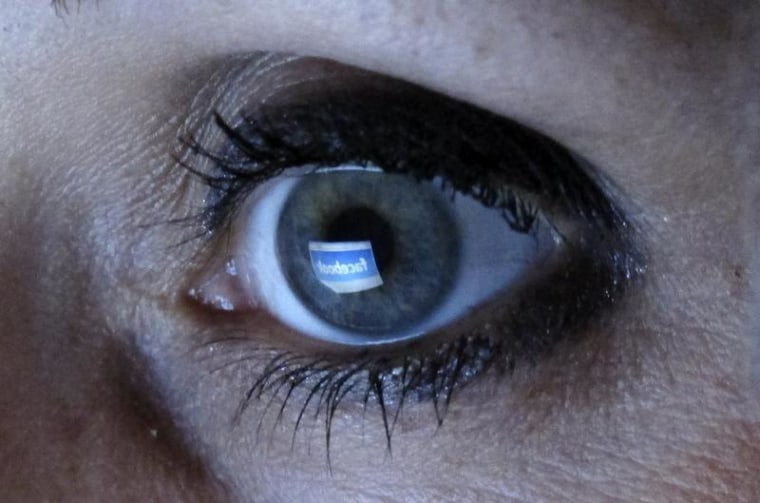Facebook received between 9,000 and 10,000 requests for user data from various U.S. government entities in 2012's second half, involving 18,000 to 19,000 of its users' accounts, the world's largest social network said Friday.
Microsoft Corp said that in the same period it received between 6,000 and 7,000 criminal and national security warrants, subpoenas and orders affecting between 31,000 and 32,000 consumer accounts from local, state and federal U.S. governmental entities.
The companies said they released the information after reaching agreements about disclosures with U.S. national security authorities.
Several Internet companies have struck an agreement with the U.S. government to release limited information about the number of surveillance requests they receive, two sources familiar with the discussions told Reuters.
The agreements underscore the pressure imposed on the U.S. government and Internet companies after news leaked last week of a controversial National Security Agency program involving surveillance of foreigners. The disclosure of that program triggered concern about the scope and extent of the information-gathering exercise.
Other Internet companies are expected to release numbers of government requests without breaking out how many originate from the National Security Agency, the sources said.
Google, Facebook and Microsoft have publicly urged the U.S. government to allow them to reveal the number and scope of the surveillance requests they receive, including confidential requests made under the Foreign Intelligence Surveillance Act (FISA).
Google declined to comment.
Ted Ullyot, Facebook general counsel, wrote on the site's blog late Friday:
Since this story was first reported, we’ve been in discussions with U.S. national security authorities urging them to allow more transparency and flexibility around national security-related orders we are required to comply with. We’re pleased that as a result of our discussions, we can now include in a transparency report all U.S. national security-related requests (including FISA as well as National Security Letters) — which until now no company has been permitted to do. As of today, the government will only authorize us to communicate about these numbers in aggregate, and as a range. This is progress, but we’re continuing to push for even more transparency, so that our users around the world can understand how infrequently we are asked to provide user data on national security grounds.
Ullyot wrote that for the six months ending Dec. 31, 2012, the "total number of user-data requests Facebook received from any and all government entities in the U.S. (including local, state, and federal, and including criminal and national security-related requests) — was between 9,000 and 10,000."
Those requests, he said, "run the gamut — from things like a local sheriff trying to find a missing child, to a federal marshal tracking a fugitive, to a police department investigating an assault, to a national security official investigating a terrorist threat. The total number of Facebook user accounts for which data was requested pursuant to the entirety of those" 9,000 to 10,000 requests was "between 18,000 and 19,000 accounts."
With more than 1 billion users worldwide, "This means that a tiny fraction of one percent of our user accounts were the subject of any kind of U.S. state, local, or federal U.S. government request (including criminal and national security-related requests) in the past six months," he wrote.
In a blog post on a company website, Microsoft said its agreement with the FBI and the Department of Justice allowed it to report FISA orders and directives, "but only if aggregated with law enforcement requests from all other U.S. local, state and federal law enforcement agencies; only for the six-month period of July 1, 2012 thru December 31, 2012; only if the totals are presented in bands of 1,000; and all Microsoft consumer services had to be reported together."
The post, by vice president and deputy general counsel John Frank, concluded: "Transparency alone may not be enough to restore public confidence, but it’s a great place to start."
